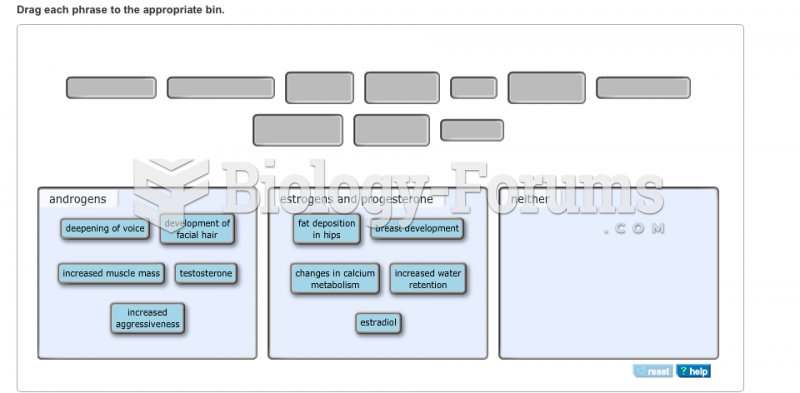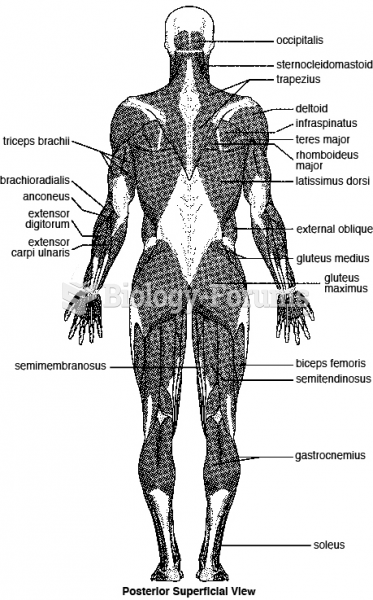Answer to Question 1
Socialism is an economic system characterized by public ownership of
the means of production, the pursuit of collective goals, and centralized
decision making. Ideal socialism has three distinctive features:
1 . Public ownership of the means ofproductionin a truly socialist economy, the
means of production are owned and controlled by a collectivity or the state, not
by private individuals or corporations. For example, prior to the early 1990s the
state owned all the natural resources and almost all the capital in former Soviet
Union. At least in theory, goods were produced to meet the needs of the
people. Access to housing and medical care was considered to be a right.
Leaders of the former Soviet Union and some Eastern European nations
decided to abandon government ownership and control of the means of
production because the system was unresponsive to the needs of the
marketplace and offered no incentive for increased efficiency. Since the 1990s,
Russia and other states in the former Soviet Union have attempted to privatize
ownership of production. In privatization, resources are converted from state
ownership to private ownership; the government takes an active role in
developing, recognizing, and protecting private property rights.
2 . Pursuit of collective goalsidealsocialism is based on the pursuit of collective
goals rather than on personal profits. Equality in decision making replaces
hierarchical relationships (such as between owners and workers or political
leaders and citizens). Everyone shares in the goods and services of society,
especially necessities such as food, clothing, shelter, and medical care, based
on need, not on ability to pay.
3 . Centralized decisionmakinganoth er tenet of socialism is centralized decision
making. In theory, economic decisions are based on the needs of society; the
government is responsible for aiding the production and distribution of goods
and services.
Answer to Question 2
True







